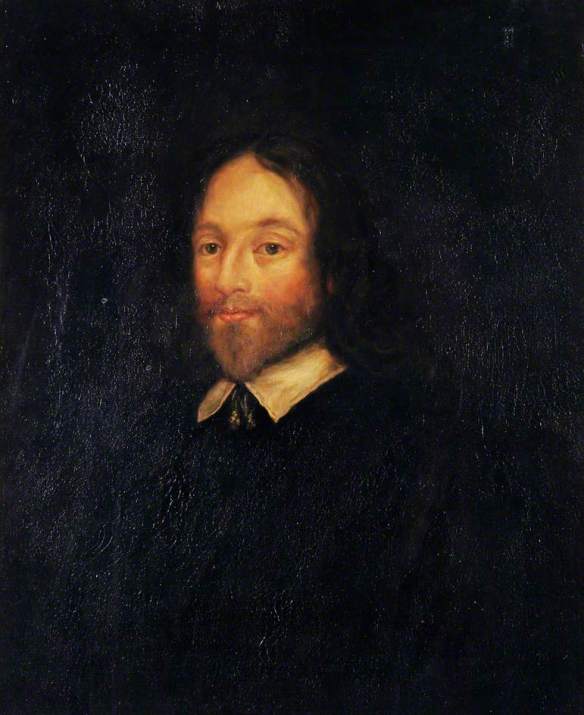There
is something invigoratingly refreshing (as well as totally humiliating!) about
discovering that your use of one of your favourite quotations has been
inaccurate.
I cannot pretend to have read
Francis Bacon’s Essays, Civil and Moral in full. Indeed apart from the opening sentence of
Essay I, Of Truth I don’t think that I have read any more of them, unless I
have unconsciously read them as isolated quotations.
To test the point I have just made I
have traipsed upstairs to get a couple of my dictionaries of quotations: Encarta Book of Quotations (2000)
London, Bloomsbury and Chambers Dictionary of Quotations (1996) Edinburgh, Chambers. If you read through the selected quotations
drawn from the Essays (1625) you realise just how much and how far Bacon’s
thoughts have penetrated our everyday lives.
Sometimes the wording is somewhat different in their modern form, but
his witty, perceptive and profound understanding has found its way into common
wisdom.
My own favourite of his thoughts,
here written correctly with the verbs in their original form rather than my own
choice is something which has troubled and stimulated me in equal proportions:
What is truth? said jesting Pilate, and
would not stay for an answer.
The question (which you note Pilate ironically states rather than asks, he neither wants nor expects an answer) is perennially
relevant and we too often follow ‘jesting Pilate’ and live in our refusal to
face the demands of what Bacon goes on to describe as the “difficulty and labor
which men take in finding out of truth” and the lure of the preference for its
opposite is because, “a mixture of a lie doth ever add pleasure” it shuns the
“naked and open day-light” of truth because “that doeth not show the masks and
mummeries and triumphs of the world, half so stately and daintily as candle-lights.”
Although Bacon’s prose is perhaps too dense for a modern
reader, it is worth persevering with because it puts you in contact with a
liberal understanding of the human condition.
I have made myself a promise to read more of the Essays because I see a
connection with the prose of someone like Sir Thomas Browne,
a writer I have
always enjoyed reading – and another person whose writings may not be
universally well known, but whose thoughts have made their way into our
intellectual expression.
You have to
like a writer who can think up, for title of whose second (?) most famous work, Hydriotaphia or Urn Burial, and it has
pictures!
Both Bacon and also Browne are
easily, and productively, searchable on the Internet
If you have not read
them before, you might well be surprised to find out how familiar their thought
is to you.
Obviously, the quotation from Bacon has been going through
my mind as I look at the situations in Spain, Britain and the USA.
Truth seems to have become an even more
slippery concept in modern political life than usual. Brexit was conducted with “candle-lights” so
dim that Truth appeared to be living in some other debate; truth, honesty,
integrity and all other positive virtues are signally lacking from the bunch of
chancers who have taken the government in Spain, and Trump has found new depths
of duplicity and prejudice that actually manage to throw a glimmer of probity
on the mismanagement of Britain and Spain!
I have ever found consolation in Literature. Thank goodness I have a goodly selection of
reading glasses to make my contemplation of so many politicians “poor shrunken
things, full of melancholy and disposition, and unpleasing to themselves” as
something that can be accommodated within the liberal confines of pages of
value!

No comments:
Post a Comment